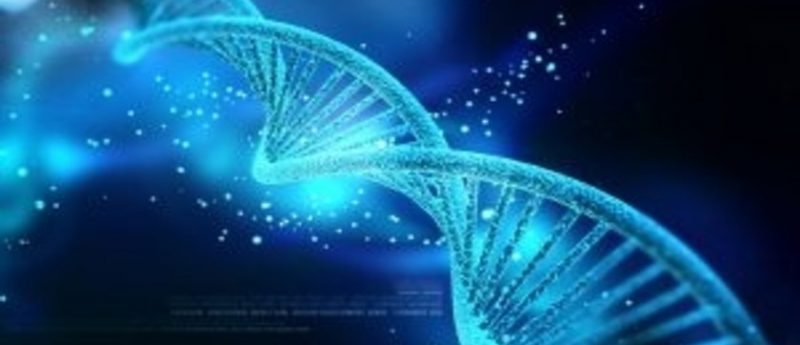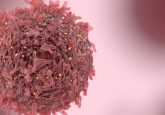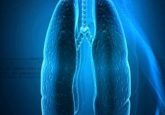Extrachromosomal DNA fragments could aid aggressive tumor growth

A team of geneticists from the University of Geneva (Switzerland) have discovered that mutations in cancerous cells may be caused by supplemental extrachromosomal DNA fragments, termed double minutes. These DNA fragments, identified by high-throughput genetic sequencing of glioblastoma cells, enable cancer cells to adapt to their environment more effectively, resulting in increased resistance to treatments. The results of the study were published recently in Nature Communications.
Double minutes have been evident in scientific research for approximately 20 years, however understanding of their precise function has only recently begun to develop. Due to their lack of centromere, replication can occur rapidly and autonomously, and they have therefore been highlighted as potentially important in the development of cancers.
Using advanced methods of bioinformatics to perform high-throughput genetic sequencing, Stylianos Antonarakis (University of Geneva) and his team identified double minutes in glioblastoma cells with specific oncogenes.
The research showed that one of the key genetic mutations associated with the development of cancer cells was present on the double minutes but not on the main chromosomes. Given the rapid proliferation of double minutes, the impact of the mutation was markedly increased. The results therefore highlighted an oncogene whose malignancy was increased by the number of its copies present on each double minute, but which was not present on the core chromosomes.
In addition to this, the Geneva team revealed that cells have the capacity to regulate the number of double minutes according to their environment. This modulation was particularly obvious in cells being treated with chemotherapy, where the number of double minutes was reduced in order to increase cell survival, thus removing the oncogenetic mutation previously present.
However, glioblastoma, like many other cancers, is dependent on a combination of multiple genes. Consequently, the tumor exploits a new gene in order to ensure its proliferation. Sergei Nikolaev (University of Geneva), joint lead author on the study, explained: “Paradoxically, the cell can return to its initial chromosomal state with regards to that specific oncogene, but other oncogenic genes are then activated in the still living cell. The double minutes therefore act as adjustment variables in cancer cells and limit the effects of therapies.”
Accordingly, double minutes are responsible for amplifying the harmful effects of oncogenes and for providing an advantage to cancerous cells compared with healthy cells as tumors grow. “We must absolutely continue our research in order to better understand this phenomenon of DNA adaptation,” emphasized Federico Santoni (University of Geneva), the second lead author of the study. “This will allow us to better measure its implications, and perhaps to find more effective therapeutic strategies against the deadliest cancers,” he concluded.
This research is increasingly important in light of the detection of double minutes in the majority of very aggressive cancers.
Source: Nikolaev S, Santoni F, Garieri M et al. Extrachromosomal driver mutations in glioblastoma and low-grade glioma. Nature Communications doi:10.1038/ncomms6690 (2014); University of Geneva press release




